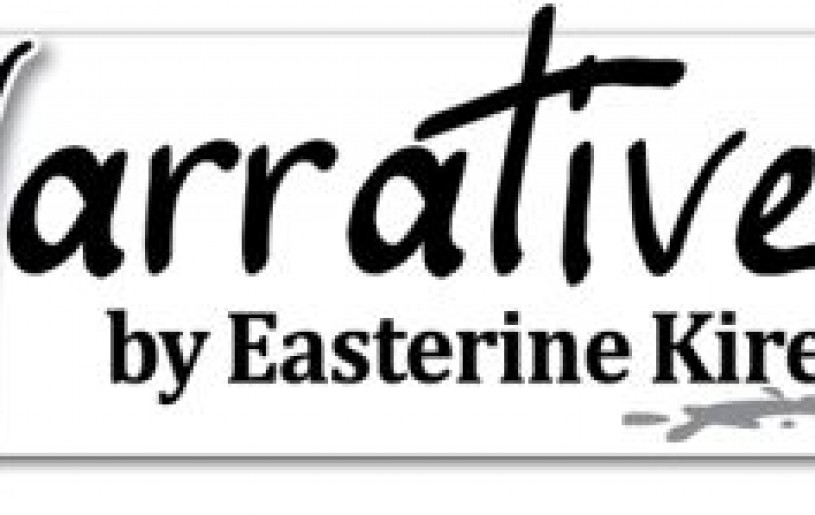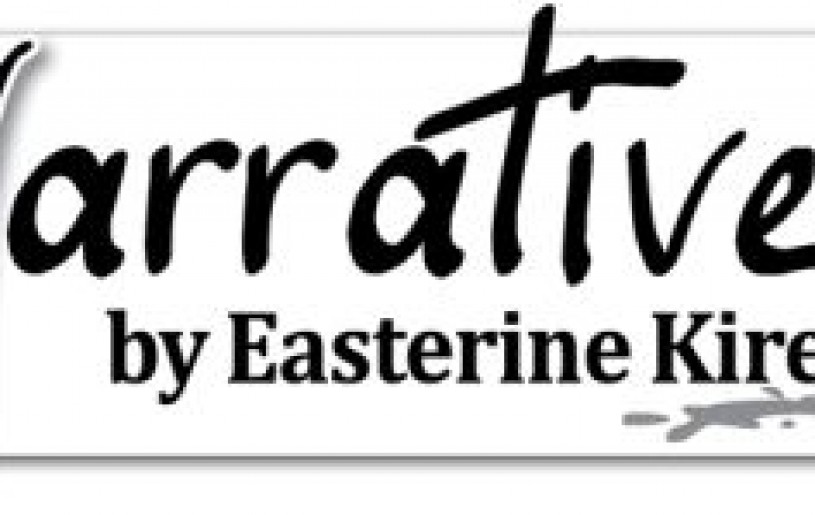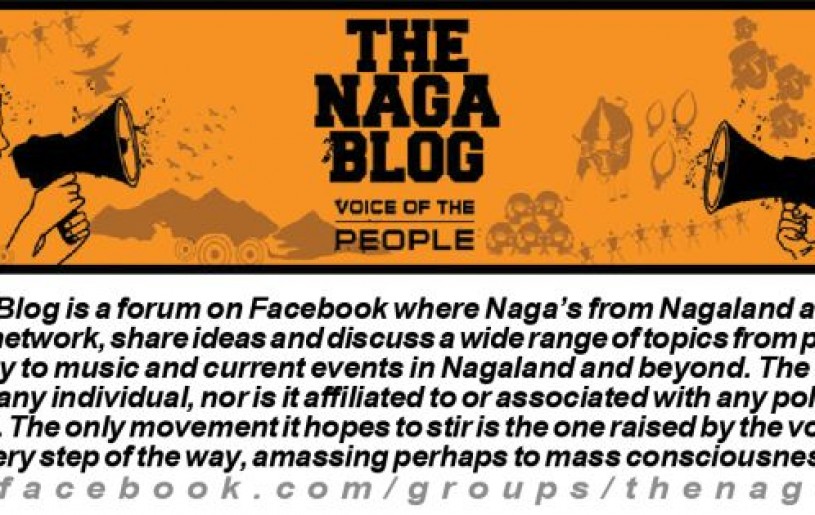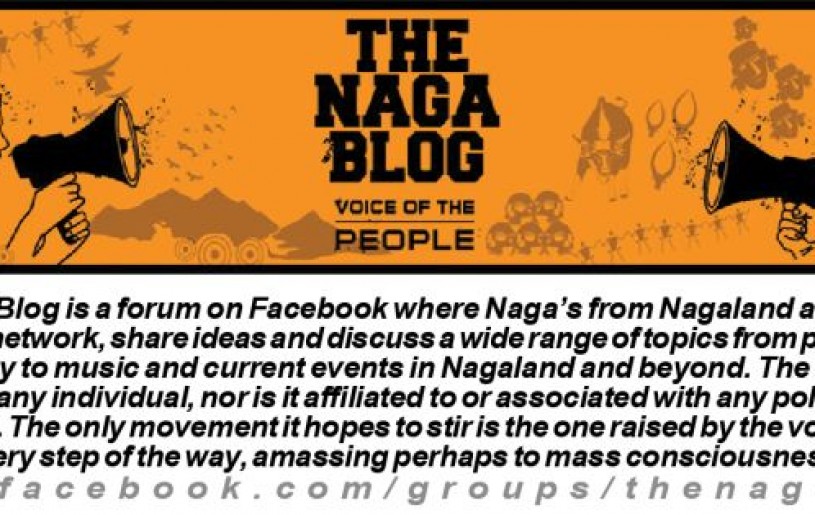
The ice is melting. It is a fact. Climate change is real. The saddest thing about climate change is that there exist politicians and world leaders who do not want it to be voiced. A climate scientist has been repeatedly silenced by a number of politicians who think he is a prophet of doom. How sad is that! The scientist who for security reasons can only be referred to as K has been a climate researcher for more than thirty years studying the arctic environment and recording the significant changes from the last century. K is worried that the changes are coming too rapidly. And with reason: permafrost is beginning to melt and has been melting for some time now. What is permafrost? Geologically speaking, it isthe ground below the freezing point of water that is 0 degree Celsius or 32 degrees Fahrenheit. It refers to ground that has been frozen for two years or more and for as long as thousands of years. Permafrost is found in high latitudes around the arctic and Antarctic. Alpine permafrost ‘may exist in high altitudes in much lower latitudes’(Wikipedia freebase).
Earlier, the American president had also come in for criticism for striking off climate change on the list of national security threats. In the arctic areas, the melting of permafrost affects both the animal world and the human world. The global seed vault is presently under repair. The vault which is located high up on a sandstone mountain - the brainchild of conservationist Cary Fowler and the Consultative Group on International Agricultural Research - acts as a seed bank preserving seeds to be used after natural or man-made catastrophes which could destroy food crops.
According to a tourist guide, Syria was one of the countries that had donated and stored seeds in the vault. The war in Syria had destroyed its agricultural crops to a huge extent, so the Syrians came to borrow the seeds they had earlier deposited. They were able to plant these seeds outside the warring zone and get food again.The guide added that the Syrians were able to replace the borrowed seeds. The same story is told about Aleppo and that story is apparently true. It is also true that Aleppo was able to produce food grains again, and after some years, they were able to return the seeds they had borrowed from the seed bank. This first of its kind global seed vault looks quite unimposing as it is only the grey-coloured entrance that is visible on the mountainside. However, it is 120 meters wide inside with a very expensive security system that can warn if there are changes in the constantly controlled temperature of the vault. The choice of Spitsbergen for locating the seed vault was made because of the permafrost. But the affects of change in climate was felt even at the seed vault as water from melting ice accumulated in the entrance of the vault. The project which started out as a safety net in the face of annihilation of seeds and food sources stands in danger of being damaged by climate change. A great amount of work now underway for strengthening the vault against this new danger.
According to K, climate change will affect lifestyles of people in the affected areas drastically. The season of frost is being shortened and yet this is a season that is required for some Spring crops to grow well. As far as farming goes, some crops will see increased yields because of the increase in atmospheric carbon and some crops will see decreased yields by 30 percent for the same reason. One of K’s concerns are that insect pests are on the increase and as global warming steadily continues, insects that could not survive cold weather are already being found in cold regions. Insects that are pests can affect human health because of the germs they carry. While glacier melting is contributing to rise in ocean levels, some areas are experiencing great drought, and this affects the sources of drinking water.
The bleak situation of global warming is going to need all the help it can get both from national-level strategies and any individual actions to avoid the activities that have been causing climate change all along. Even from our corner of the world where we have been thoughtlessly destroying forest cover and burning fossil fuels without much thought. There are actions that we can all participate in: plant more trees, avoid using fossil fuels by finding alternative sources of energy, encourage bee-keeping, stop using plastic, stop deforestation, etc. There’s no easy solution, added K, but every effort, no matter how small, will not be insignificant.






